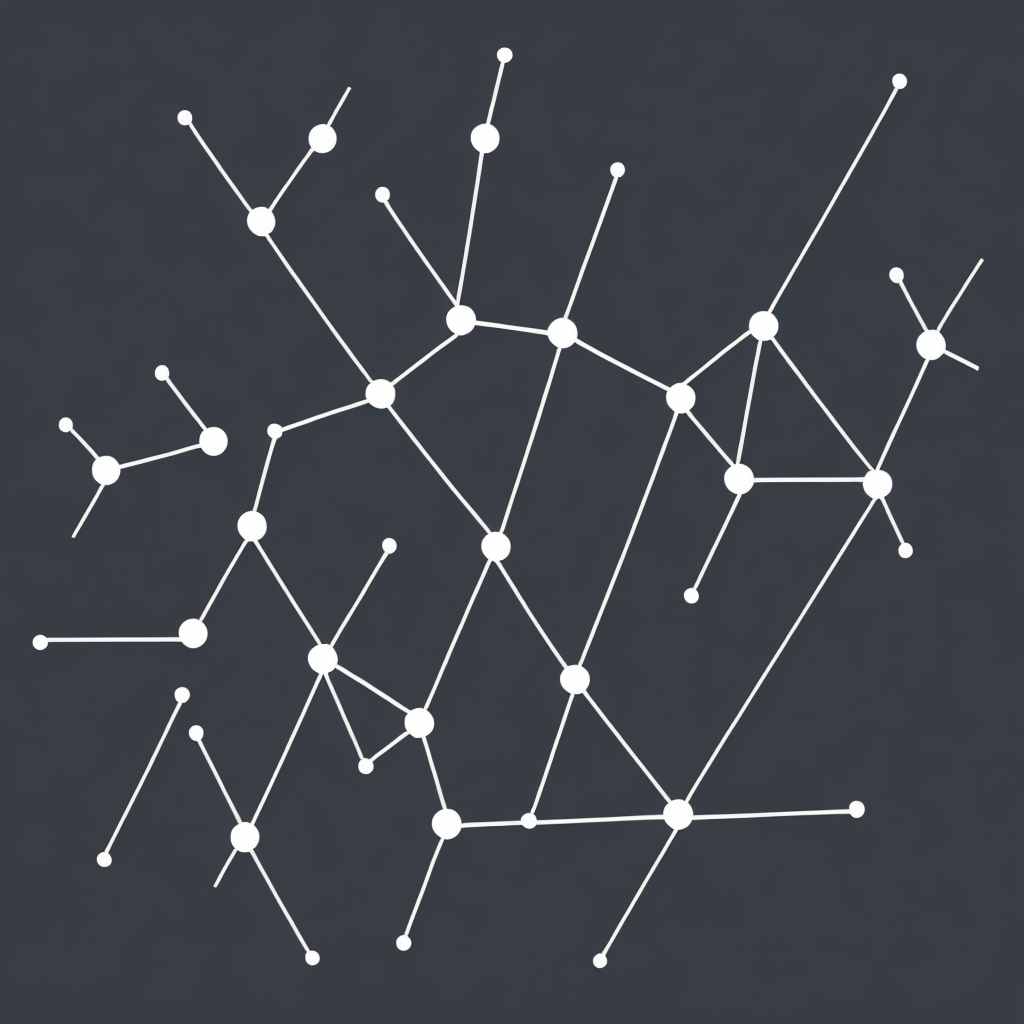**Unlocking the Power of Knowledge Graphs: Navigating the Future of Data Organization and Analysis**
In the digital age, data has become an integral part of our lives, permeating every aspect of society from commercial transactions to social interactions. With an ever-increasing volume of information, managing, organizing, and analyzing data presents a significant challenge to businesses and organizations. This is where the concept of knowledge graphs emerges as a transformative solution, promising not just a way to manage data, but to understand its nuances and unlock deeper insights. In this article, we delve into the intricacies of knowledge graphs, their benefits, and their potential to revolutionize the way we organize and analyze data.
### Definition and Key Characteristics
A knowledge graph is a type of graph database that represents real-world concepts and their relationships in a structured format. It is composed of nodes, representing entities (such as people, places, or products), and edges that define the relationships between these entities. Often, the data in knowledge graphs is linked to external data sources, making it a highly interconnected and comprehensive repository.
### Benefits of Knowledge Graphs
#### **Enhanced Data Integration**
Knowledge graphs excel at integrating data from various sources, both structured and unstructured. This integration allows for a more holistic and accurate representation of information, improving the quality of data analysis.
#### **Improved Analysis and Insights**
By mapping out complex relationships, knowledge graphs provide a clearer picture for analysis. This can lead to more insightful discoveries and better-informed decisions, particularly for businesses that rely on data-driven strategies.
#### **Personalization and Recommendation Systems**
In the realms of e-commerce and content recommendation, knowledge graphs enhance the user experience. By identifying patterns and connections in the data, they enable more personalized recommendations, increasing user engagement and customer satisfaction.
#### **Efficient Data Retrieval**
Knowledge graphs optimize the speed and accuracy of data retrieval processes. They use graph algorithms to provide faster search capabilities, making it easier to pinpoint specific information, even within large datasets.
### Applications and Industries
#### **Healthcare**
In the healthcare sector, knowledge graphs are used to enhance medical research, improve patient outcomes, and facilitate personalized medicine. By integrating patient data, genetic information, and treatment outcomes, healthcare providers can better understand disease patterns and develop targeted therapies.
#### **Finance**
In finance, knowledge graphs are crucial for fraud detection, risk management, and compliance purposes. They enable complex relationship analysis among entities, transactions, and documents, making it easier to identify suspicious patterns and potential breaches.
#### **Marketing and Advertising**
For marketing and advertising, knowledge graphs are invaluable in understanding consumer behavior, preferences, and market trends. They can inform highly targeted campaigns by suggesting new audiences based on data-driven insights.
#### **Research and Development**
In scientific research and development, knowledge graphs are used to model and simulate complex systems, facilitating the discovery of new scientific insights and innovations.
### Conclusion
As we navigate the future of data organization and analysis, knowledge graphs stand as a powerful tool that bridges the gap between information abundance and meaningful insights. By harnessing the power of interconnected data, organizations can not only manage their data more effectively but also uncover hidden opportunities, drive innovation, and enhance their decision-making capabilities. As technology continues to evolve, the applications of knowledge graphs are likely to expand, underscoring their importance in shaping the future of data-centric enterprises and societies.
